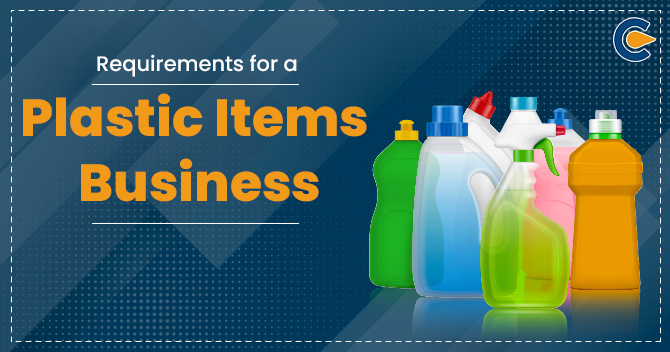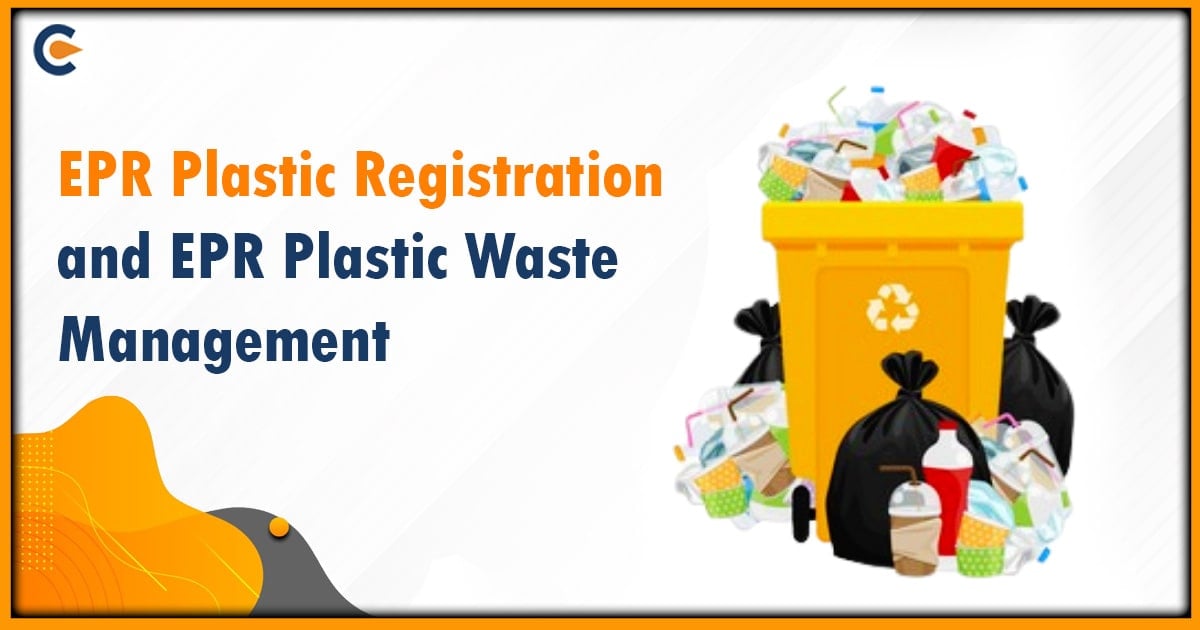Requirements for a Plastic Items Business are no different from requirements for any other manufacturing business. It is essential for new entrepreneurs and even skilled ones to understand the requirements of their business first. The requirements in a plastic items business are versatile as it depends on many factors like the manufacturing process, place of production, capacity, targeted market, etc. The requirements of setting up a plastic items business unit can vary changes in any of the above factors. However, the following step can help determine the requirements for a plastic items business.
Primary Requirements for Plastic Item Business
Primary requirements for a plastic item business will include all necessary planning and financial arrangements needed by the entrepreneur when he decides to start the business. These requirements can be categorised in the following way
Choosing the Category of Plastic Product to Manufacture.
Any business needs proper planning about the ins and outs of the trade first. Plastic items come in many categories – i.e. it can be a final product or a part of another product. Therefore defining the niche in which one needs to manufacture is essential. In the plastic items business, the product range is vast, demand and prices of products can vary from place to place and capital and therefore, machines required for a line of production can differ accordingly. One will not be able to develop integral elements like costing and marketing strategies until the business owner chooses a niche and decides what they need to produce.
Deciding the Production Style for Plastic Items
The owner of plastic items business should thoroughly research the manufacturing process involved. Different plastic items will need different manufacturing techniques depending on the product type and the machinery involved in the manufacturing. The manufacturing process listed below must be researched well to understand the cost involved.
- Moulding: This is one most used processes in the plastic items business. Moulding is of the following types:
- Rotational Moulding
- Injection Moulding
- Blow Moulding
- Extrusion: Extrusion works by pushing molten plastic through a die. Plastic granules are manufactured through this process.
- Thermoforming: in this process, a sheet of heated thermoplastic material is stretched over a mould to create a 3D shaped item.
- CNC Machining: this technique is ideal for plastic items business having low volume application which involves geometrics that is difficult to mould.
- Polymer Casting: in this kind of manufacturing process, moulds are made from latex rubber or vulcanised silicone and these moulds can reproduce minute details of the product.
- Vacuum Forming: In this process, plastic is stretched over the mould while a vacuum is activated to suck all the air out between the plastic and the mould.
- 3D Printing: This technique is costly and generally slower because the product is built layer over layer. It is used for the production of complex plastic parts and the parts have to be designed first from CAD models.
Market Research
Once the item to manufacture is finalised, related factors have to be researched well. Understanding key elements like sourcing raw material, analysing demand and supply chain, financing etc. needs to be done.
Location
Location can be one of the essential elements in this business. Availability of ample space at an affordable location and proximity to the source of raw materials and access to transportation hubs like ports and highways should be factored in.
Obtaining authorisation and Licence
Relevant licences and authorisation must be obtained beforehand to avoid any hassle. Given below are the necessary authorisations required for a plastic items business.
- Business Registration/Incorporation Certificate: Registration of plastic items business is necessary and will help obtain subsequent consent from the different authorities like the CPCB and SPCB/PCC.
- Factory licence: for any plastic items business, the manufacturer needs to register the premise with local authorities as per section 6 of Factories Act, 1948. Documents required to get a factory licence are
- ID proof of Occupier and Manager
- List of Partners/Directors with their residential address.
- Proof/supporting documents of Occupier as Director/ Partner/ Proprietor of the factory.
- Existing building plan
- Latest electricity bill
- Proof of occupancy (copy of rent agreement/ownership proof)
- Flow chart of the manufacturing process
- List of raw materials used in the manufacturing process.
- List of machinery installed in the unit.
- GST registration: plastic item businesses falling in the below-mentioned categories need to apply for GST registration
- turnover of more than 40 lakhs annually (for businesses involved in the supply of goods)
- Businesses which do interstate outward supply of goods.
- No Objection Certificate from SPCB/PCC: the Consent to Establish (CTE) and Consent to Operate (CTO) are the most important approvals, which show that the establishment has taken all necessary measures to make their business non-polluting. CTE certificate must be obtained before establishing the setup and CTO before starting operation, both of which must be obtained from the respective SPCB/PCC of the state in which the plastic items business will operate. This NOC involves inspection and document scrutiny by the SPCB/PCC.
- EPR Authorisation: an Extended Producer Responsibility (EPR) authorisation must be obtained by the CPCB[1]. Expert opinion and guidance can make this step more accessible and less time-consuming. Documents required for EPR authorisation are
- GST certificate
- Importer Exporter Code (IEC)
- Sole proprietor or Authorized Signatory KYC
- rent or lease proof to demonstrate the ownership of the site
- Memorandum of Association
- Form 1 for EPR authorisation
- EPR plan copy of permission from relevant Ministry/ Department for selling their product
- Copy of agreement with dealers, collection centre, recyclers, treatment storage and disposal facilities
- Copy of trade licence issued by Directorate General of Foreign Trade.
- Fire NOC: this certificate is issued by the fire department of the respective state to ensure that a commercial property is built with adequate fire-resistant measures. Below are the requirements to obtain a fire NOC for the plastic items business.
- Copy of building plan
- Duly Filled Application form/questionnaire
- Model of the building.
- Checklist certified by an architect
Secondary Requirements for Plastic Item Business
Factors that will help in the growth and expansion of the business fall under the category of secondary requirements of the business. Following are the secondary requirement of the Plastic Item Business.
Calculating Profitability
Various market forces can decide the profitability of the plastic items business. Factors like demand in the market, competitors in the segment, profit margin on the product can be some factors that must be considered when making the decision. To determine the kind of plastic manufacturing that would be best for the plastic items business, one needs to go through the process of calculating what the profitability would be for different types of plastic assembling.
Financing
Along with the manufacturing, the business owner may want to expand the production capacity or diversify the production to include other products. Financing plays an essential role in such cases. The business owner can look into available options in their product category.
Conclusion
Like any other business, the growth of a plastic items business will need time to time research the market factors. Introduction of new technologies in the manufacturing and keeping updated with any new guidelines issued by the government concerning the plastic items business. Timely renewals of registrations are also essential for the smooth operation of the business. In addition to this, the growth of plastic items business is also linked to the state’s infrastructural spending(like roads, power grids etc.) or approval of a new project related to the plastic industry like the proposal by the Government of India to create six new of Plastic Parks in the country. The growth in specific industries like construction, industrial production, irrigation sector, and EEE market that heavily rely on plastic products also means increased demand for plastic items business in the country.
Read Our Article:The procedure of Starting a Plastic Export Business in India











